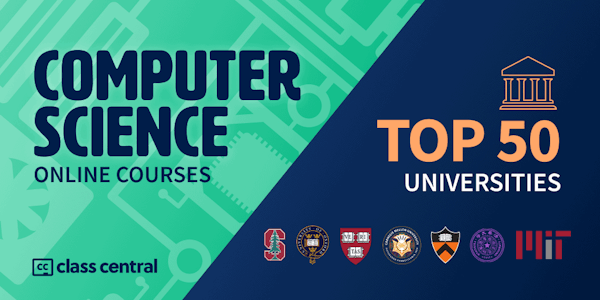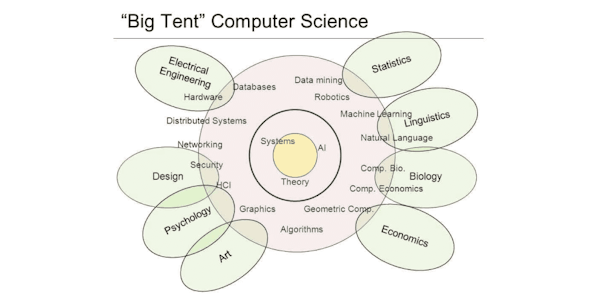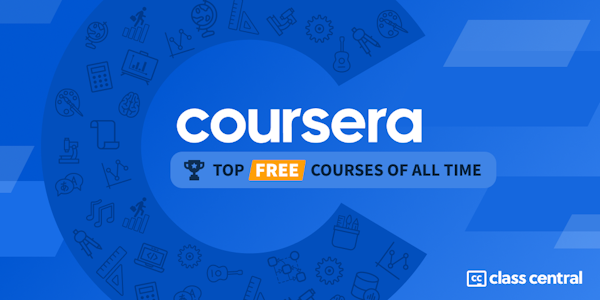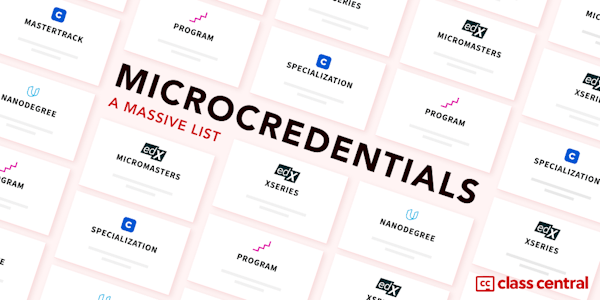Class Central Tips
In this course we answer three questions:
I. Why Computational Social Science (CSS) now?
II. What does CSS cover?
III. What are examples of CSS?
In this last part, we take a bird’s-eye view on four main applications of CSS. First, Prof. Blumenstock from UC Berkeley discusses how we can gain insights by studying the massive digital footprint left behind today’s social interactions, especially to foster international development. Second, Prof. Shelton from UC Riverside introduces us to the world of machine learning, including the basic concepts behind this current driver of much of today's computational landscape. Prof. Fowler, from UC San Diego introduces us to the power of social networks, and finally, Prof. Smaldino, from UC Merced, explains how computer simulation help us to untangle some of the mysteries of social emergence.









